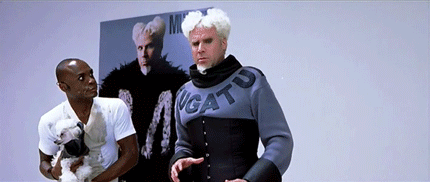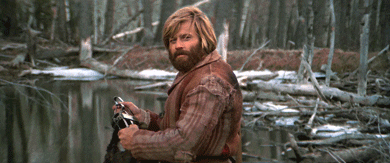Roger wrote:It may have something to do with the fact that the supernatural claims of the production of the Book of Mormon are much more recent. With regard to the supernatural claims of the Bible, the one that matters more than any other is the claim that Jesus rose from the dead. I question why would the apostles willingly face death, or at least suffering, for what they knew was a lie? Do you think at least they were convinced Jesus rose from the dead?
I'm sure they were convinced Jesus rose from the dead, but I don't think that's really evidence of anything. Joseph Smith was convinced he talked with God and Jesus, and he knew it could cost him his life.
Roger wrote:I think that's true for the most part. For Mormons the whole structure is built around getting a warm, positive feeling about the truthfulness of the Book of Mormon, not about researching the evidence. And it tends to be the same for Christian converts who suggest that a weight of guilt and sin was lifted off at the moment of conversion. We do encourage Bible study, of course, but I've found that to almost always mean faith-promoting study as in, how does the Bible speak to what I'm currently dealing with, rather than let's actually try to figure out what the text is saying and learn as much as we possibly can about the context in which it was produced. Having said that, there are people like C.S. Lewis, Josh McDowell and Lee Strobel who attempt to make a rational, evidence based case for Christianity.
I respect C. S. Lewis an awful lot, but I have to admit I am not a fan of the other two.
Roger wrote:Mak, I can tell from your other responses that you're not the typical LDS who's going to defend Joseph Smith or the witnesses no matter what. I know I don't need to remind you about the credibility of these witnesses. But even if they were credible folks, they all signed a single statement that was obviously written for them, most likely by Cowdery or Smith. Those who spoke about it later gave contradictory statements and admitted they were speaking about seeing the plates with their spiritual eyes.
No, that's one fourth-hand statement putatively made by only one of the witnesses who also later flatly denied making it. Also, I don't think there are really many contradictory statements floating around from the witnesses. I'm well aware of the controversy with the witnesses, but let's represent them accurately.
Roger wrote:I just watched a special on Warren Jeffs. I have no doubt that even from a prison cell he could come up with 11 witnesses who claim they saw him translate the sealed portion of the Book of Mormon from silicone plates written in reformed Japanese.
Then we should not be surprised that the apostles were so eager to believe that Christ rose from the dead, should we?
Roger wrote:The potentially true resurrection of Christ makes me hold out.
Fair enough.
Roger wrote:I think that's skewed a bit. Pottery lasts a long time and not every region of the Americas is humid.
Pottery is just one facet of the material culture, and it does not expose much at all about culture unless we have a context into which we can plug it. Its primary function in most archaeological analysis is chronological dating. Also, the Book of Mormon does not suggest (in my opinion) that these civilizations were spread across every region of the Americas.
Roger wrote:As Fence Sitter suggests, it just seems to defy logic that not one scrap of evidence would survive except for the one set of golden plates that would later be removed by God.
There are lots of historical problems and mysteries that defy logic. I will reiterate that I'm not saying there's evidence for the Book of Mormon. I'm just providing an honest answer to a question.

